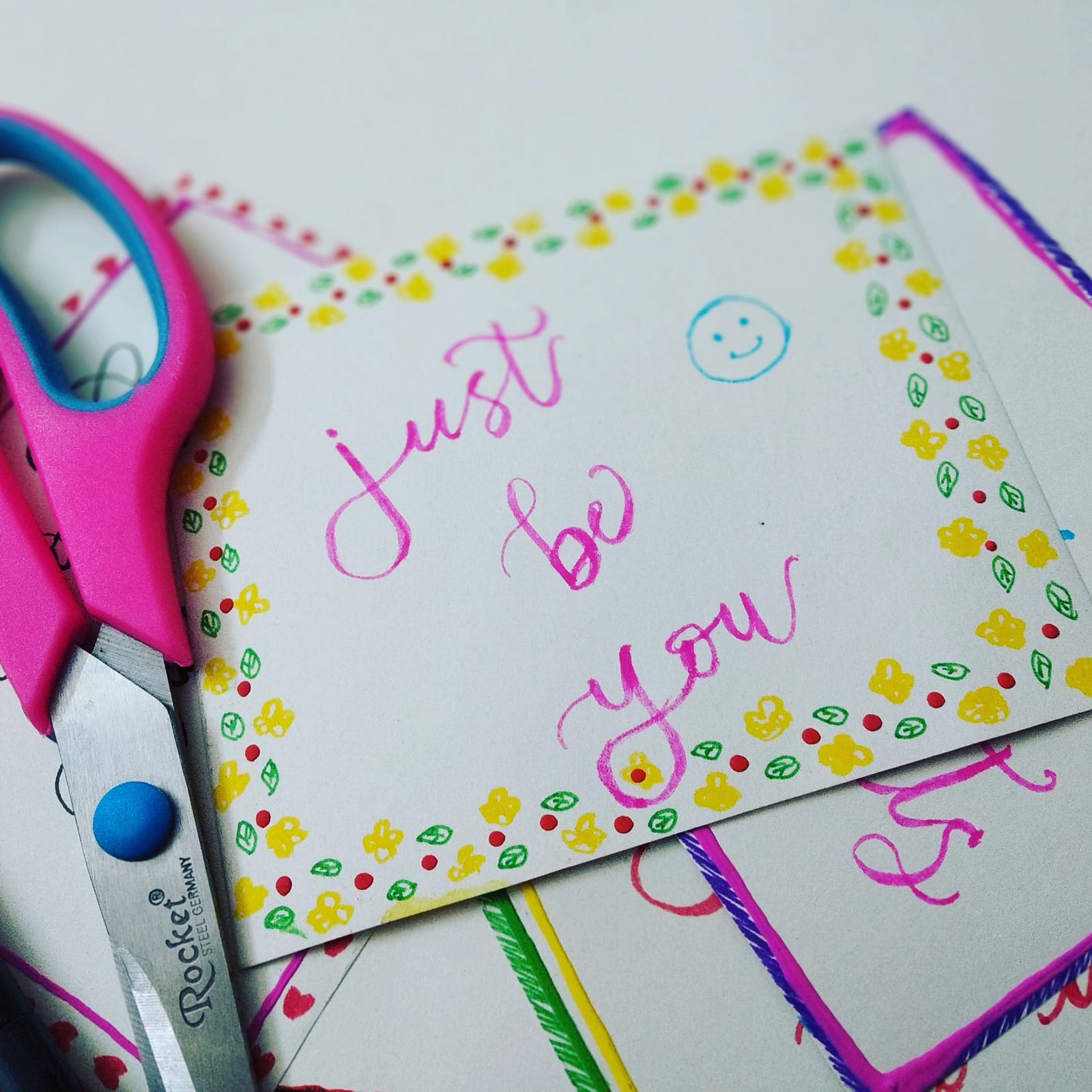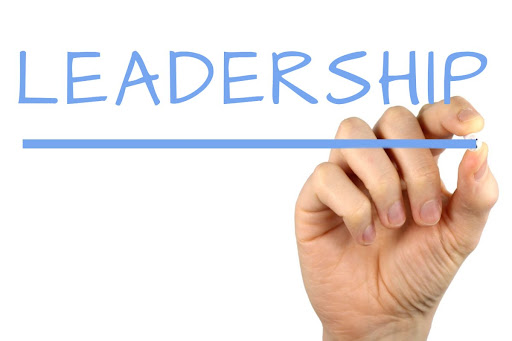As a librarian, I love reading the latest books. Tom Hanks’ first novel is out and follows the story of how a fictional motion picture is made. The story has many life lessons that apply to real life too, and I thought I’d share a few.
The Right Partner
Finding the right “partner in life” will lift you up, spiritually, mentally, and emotionally. The main characters have extensive backstories. From surviving abuse and war trauma to fulfilling your creative dreams, these folks have seen it all. The thread tying them together is the passion to enjoy life and finding their partner for success, (however that’s defined.) Whether it’s a career, spouse, or creative channel to express yourself, find the right partner to get you there.
Strength
The author brings to life each character from their childhood to their interaction together as adults. All of these characters have a solid inner strength and “will” to go on. When you read fiction like this, you experience these lives first hand. Reading about others’ stories of strength, you realize you have it as well. Inner strength is tested all the time, and sometimes we don’t even realize it.
Some call it “the grind,” grit, or just plain tenacity. The lesson learned, is we all have something heavy we carry and don’t necessarily share. Consistently strong people grow from those tough life experiences and flourish.
Fate
Call it fate or divine intervention, but things do happen for a reason. It might be to protect you and direct you to a different life path. Fate is there for you, to help you be your best self.
What the Hanks does in his story is intertwines each character’s experiences into one successful finale. Will we all be successful or happy? How do YOU define success or happiness? It depends, just like in life…it all depends on you and how you react.
Finally, I’d recommend “The Making of Another Major Motion Picture Masterpiece,” to help understand human nature. The story helps define the realities of war, trauma, relationships, and yes, especially movie making. I’m a diehard movie fan. I love the happenstance method the author shows the reader the filmmaking process is in Hollywood. I’m looking forward to Hanks’ next novel.
Happy Reading!






